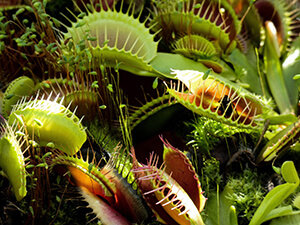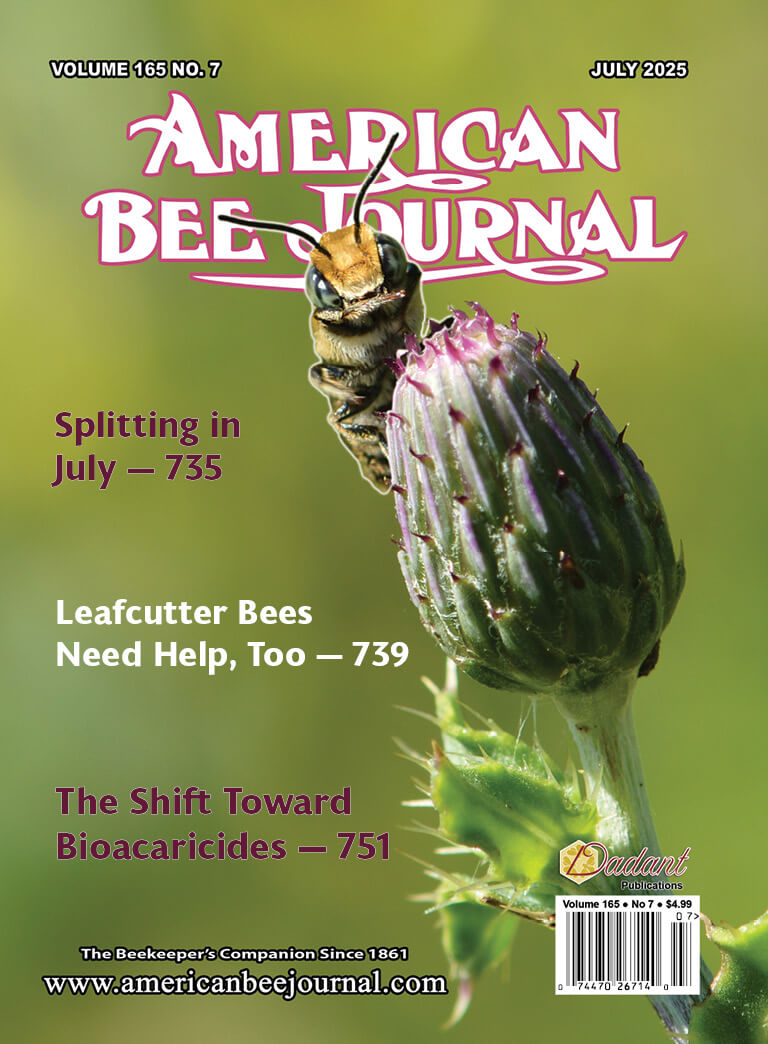
It’s hard to know the truth about anything. At the inception of the internet, we imagined unlimited access to a world of information. The dissemination of knowledge would be boundless, allowing each of us to read and consider multiple viewpoints before drawing our own fact-based conclusions. It sounds like heaven.
It used to be that advertising was the premier influencer of our opinions. Print, radio, and television advertising could get us to buy — or buy into — just about anything. Advertisers learned to appeal to our emotions, and they did it well. If you purchased their brand of car, liquor, makeup, or shoes, you would become sexier, prettier, happier, or wealthier than those who didn’t. Our day-to-day decisions were controlled by well-heeled merchants and politicians.
We still contend with endless sales pitches, of course, and advertisers can still buy us. But now the tide of opinion is strongly influenced by social media. In our modern world, social influencers and their followers tell us how to think, and many of us listen.
When a statement is repeated over and over, it takes on the guise of fact. But relentless repetition doesn’t create truth, nor do millions of followers. Do we believe climate change exists — or not — because of what our favorite movie actor said? Or a congressman? What are their credentials?
Not all thirds are equal
Unfortunately, beekeepers are not immune from social media. Fifteen years ago, before I began writing about bees, I read voraciously. As an agronomist, I already had a pretty good idea about the whole pollination process, but I wanted to know about the nuances.
It didn’t take long to notice that nearly every article I read about bees or pollinators — both popular and peer-reviewed — began with the assertion that bees are responsible for producing one-third of all the food we eat. This was okay at first, but if you read a hundred articles, and 93 start out by saying the same thing, it becomes suspicious. I wondered if it was a lack of creativity or a lack of facts that generated this rhetoric. Or maybe just laziness.
At one point, I decided to stop reading the moment I came to that statement. I even started several books that I put down after the first page. It was a discouraging experiment because I soon had nothing to read.
The statement dissected
I dismissed the statement because it didn’t hang together. It didn’t explain anything back then, and it still doesn’t. Let’s take another look: “Bees are responsible for one third of all the food we eat.”
First, I wondered what they meant by bees. Did they mean honey bees alone? Did they mean all bees? Or perhaps they meant all pollinators? If you try to follow this statement back to its origin, it seems most likely to refer to all animal pollinators, something that is a far cry from honey bees alone.1
Next is the one-third thing. You cannot say a third without defining what you’re measuring because all the thirds in this context are different and not equal to each other. Did they mean a third by weight? A third by volume? (“One out of three bites,” sounds like volume, yes?) Or did they mean a third of our calories or a third of our nutritional requirements? Another possibility is simply a count of food crops, as in “One in three of the crops we eat,” or even an estimation of monetary value, as in “One of every three dollars we spend on food.” Can someone explain?
And lastly are the people they refer to in the statement, the “we.” What we? Human societies have wildly different diets, some of which are largely pollinated by insects and others not so much. Does the one-third claim pertain to all people or just some? Did someone derive a massive formula to arrive at a global average? I doubt it. The entire statement is maddeningly meaningless and amounts to nothing more than hype.
Wanna write a book about bees that’s original and refreshing? Simply delete the entire one-third thing and skip to something based on fact. Your credibility will soar.
The colonists and their bees
Speaking of pollination myths, did you ever wonder why the colonists brought honey bees to the New World? Three reasons are commonly cited, but history supports only two. The third is hogwash.
Most references tell us that honey bees arrived in colonial Jamestown in the early 1600s. The records show that several attempts were made to deliver bees to the nascent colony. The first, in 1609, was unsuccessful because the ship was blown off course and landed in Bermuda.2 Later, a successful shipment was sent by the Virginia Company of London and made landfall in 1622 after months at sea. Those bees thrived in spite of a rough passage. By the time another shipment landed in 1638, honey bees were well-established in the coastal mid-Atlantic colonies.3
From what we know of history, the colonists were provided with honey bees so they would have a renewable source of honey and beeswax, “sweetness and light” as author Jonathan Swift so elegantly stated.4 This is not surprising. The colonists knew little about their destination, so they equipped themselves with the things most likely to help them survive.
Without other sources of light, candles would be essential in the long bleak winters that lie ahead. Of course, other potential sources of light were available in the New World — such as whale oil — but they knew not how plentiful whales would be. In addition, their precious few vessels were not designed for whaling, but for long-distance transportation. And with so few people in their small settlement, it would be risky to send men into treacherous waters more often than necessary.
Sweeteners could also be found in the New World if you knew where to look. But the Jamestown colony was too far north for sugar cane and too far south for sugar maples. Even if the colonists were aware of alternative sources, they didn’t have the time or manpower to do more than plant essential crops, hunt, build shelters, and hope for the best. Yet a supply of sugar was necessary for preserving food for the winter months. Honey was their best bet at the time, and even now seems like a wise choice.
So you see, Mr. Swift was right: The colonists needed bees for sweetness and light. But the third commonly listed reason doesn’t make sense. The colonists did not bring honey bees to the New World for pollination. Not a chance, as we will see.
Working in the dark
Not long ago, information on current research was hard to come by. Scientists experimented, examined their findings, and wrote papers just as they ….


